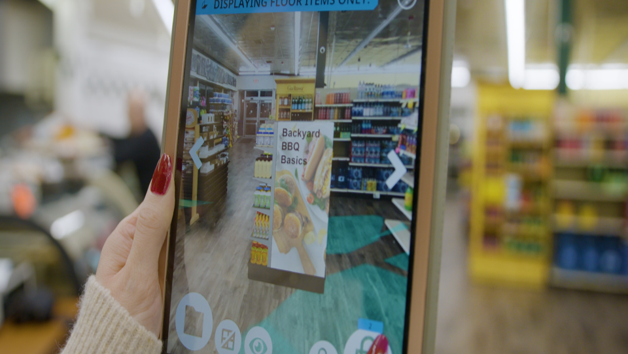The world’s leading retailers are faced with the evolving demand of today’s omnichannel shopper; requiring in-store shopping experiences to be relevant, meaningful, and drive conversion. To effectively capitalize on the opportunity, this means that the merchandising process needs to evolve from being supply driven, to demand driven. Today’s merchandising decisions are informed by supply and historical data which don’t accurately forecast future performance of scenarios that have not existed in the past. These scenarios can include packaging changes, arrangement changes, innovation and more. When it comes to shelf resets, retailers and brands need new ways of making those decisions that also reduce the risk and the cost of resets.
The Challenge
Through all our research, we recognize that over 70% of category resets do not drive incrementality at shelf; leading to millions of dollars in unproductive labor and inventory costs. InContext was challenged with the opportunity to partner with a global retailer to help them reduce the cost of labor, mitigate the risk of lost sales, and improve the effectiveness of resets.
Recommendation
InContext partnered with the retailer to identify improvement opportunities to the reset and revision process. Following a series of workshops, our recommendations included the following:
- Digitize prototyping of retail experiences
- Develop an eco-system of suppliers to collaborate on new shopping experiences
- Test and learn multiple scenarios to optimize the shelf set based upon projected performance including:
- Sales
- Profitability
- Shopping Experience
Results
Our retail customer launched the program after successfully validating InContext’s data sets alongside in market performance. During a 12 month period, the following results were achieved:
- Enabled merchant leadership to make objective decisions resulting in a 22% increase in the effectiveness of resets
- Reduced the cost of labor and inventory associated with resets 12%
- Reduced the speed to insight by 319% versus current controlled store test program




